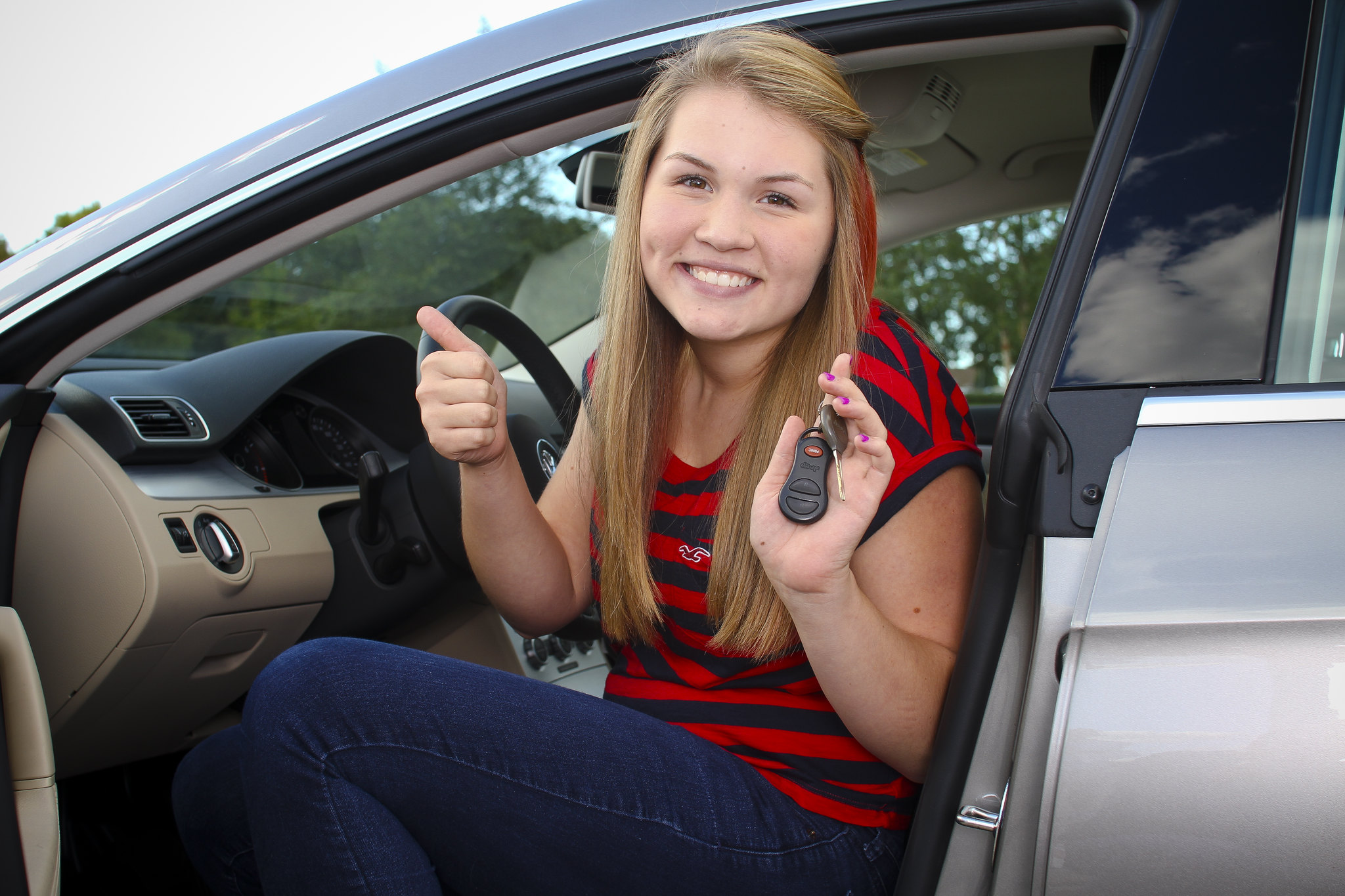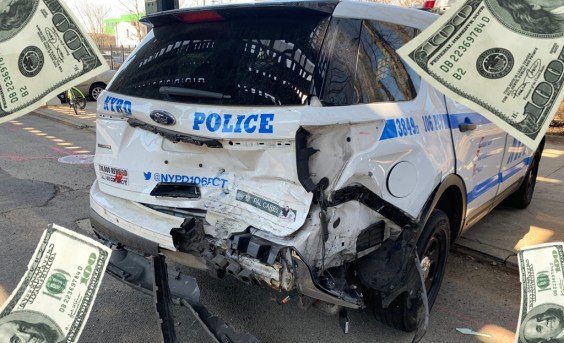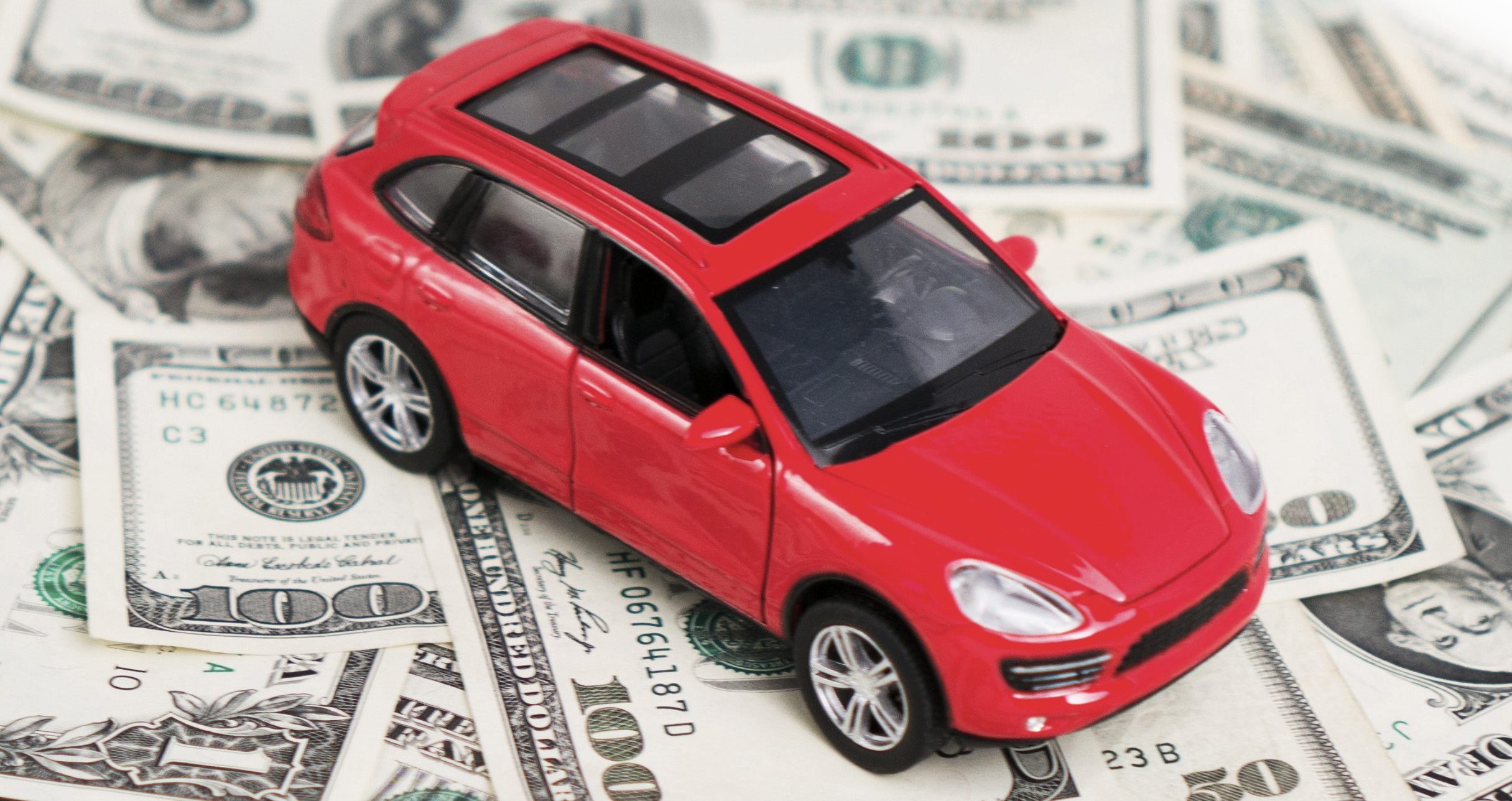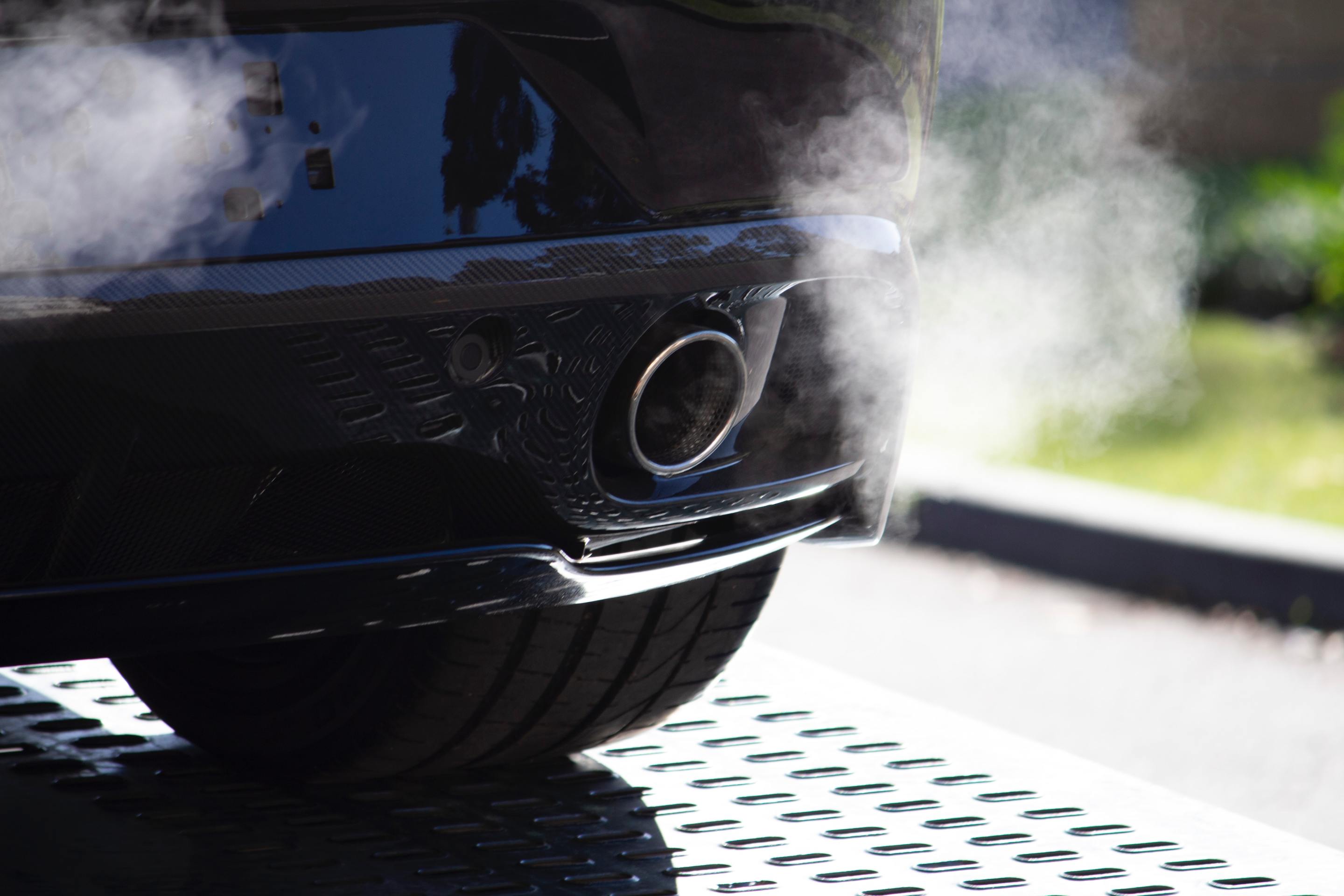The Transportation Research Board’s 99th Annual Meeting will be held in Washington, D.C. from Jan. 12-16, 2020. Click here for more information.
Americans don't usually make New Year's resolutions to drive their cars less, but it may be happening anyway.
The average number of miles people drive has plateaued over the past three years at about 9,800 miles a year, approximately 2 percent below the amount motorists traveled in 2004, the Wall Street Journal reported. And car-based commuting trips were lower than any time since 1990, while trips for shopping and recreational activities have also fallen, according to U.S. DOT surveys.
Specifically, data show:
- After rising for much of the 1980s and 1990s, the average number of miles traveled is falling or at least flattening in states with large metropolitan areas with good transit like California, Illinois, Washington, Oregon, and New York.
- Driving is also declining in rural states like West Virginia and Maine and in Sun Belt states like Arizona and Texas but rising in southern states like Louisiana, North Carolina, and Mississippi.
- Wyoming had the highest per capita vehicle miles traveled in the nation in 2017 at 16,901, followed by Alabama (14,498), New Mexico (14,178), Mississippi (13,673) and North Dakota (12,867), according to Census figures analyzed by the Eno Center earlier this year.
- The lowest amount of driving, on average, was in New York (6,316 per capita vehicle miles traveled). Alaska (7,460), Hawaii (7,547), Rhode Island (7,573), and Pennsylvania (7,945) followed.
The last time Americans cut back on their car usage was during the Great Recession when unemployment was higher and people slashed their spending on travel. Vehicle miles traveled also dipped in the mid-2000s when economy was slowly emerging from a mini-recession after 9/11, but gas prices were starting to rise.
But this Trump-era fluctuation in driver behavior is different. The economy has been expanding since Trump took office and gas prices have been low — yet people are driving less or forgoing car ownership entirely.
"One thing that is definitely clear at this point is the performance of the economy has decoupled from the rate of driving," said TransitCenter spokesman Ben Fried. "It suggests we can have an expanding economy while we have a fall in vehicle mileage."
The slowdown is linked to the changing tastes of young people and their migration from car-dependent rural areas to transit-friendly urban neighborhoods.
Millennials aren't in a hurry to buy cars, either. The percentage of new auto registrations for people between the ages of 18 and 34 plummeted from 24 to 13 percent since 2001. Drivers between the ages of 20 and 34 drove 22 percent less over the same period, according to U.S. DOT surveys.
Meanwhile the average age of a new car buyer is now 53 years old. Baby Boomers accounted for 62 percent of new auto sales, but their enthusiasm for gas guzzlers has not been matched by younger generations. The number of cars per household in 2017 was 1.88, a figure virtually unchanged since 2001 when it was 1.89.
Telecommuting and the all-encompassing dominance of the Internet as an entertainment and social life enhancement has kept Americans at home more frequently. The share of people working from home rose from 4.3 percent in 2010 to 5.3 percent in 2018, Census figures show 43 percent of employed Americans said they worked remotely at least some of the time in 2016, according to a Gallup Survey.
The vast majority of people — nearly three out of four Americans — still get to their jobs with an automobile. But the costs of owning a vehicle — not just to a household's bank accounts, but to everyone's safety and the environment — are adding up.
"You don't want the general well being of the nation to be yoked to the amount that people are driving," Fried said. "Ultimately the preferences of younger people have to change to the political realm and demand that public officials support transit, biking and walking."





